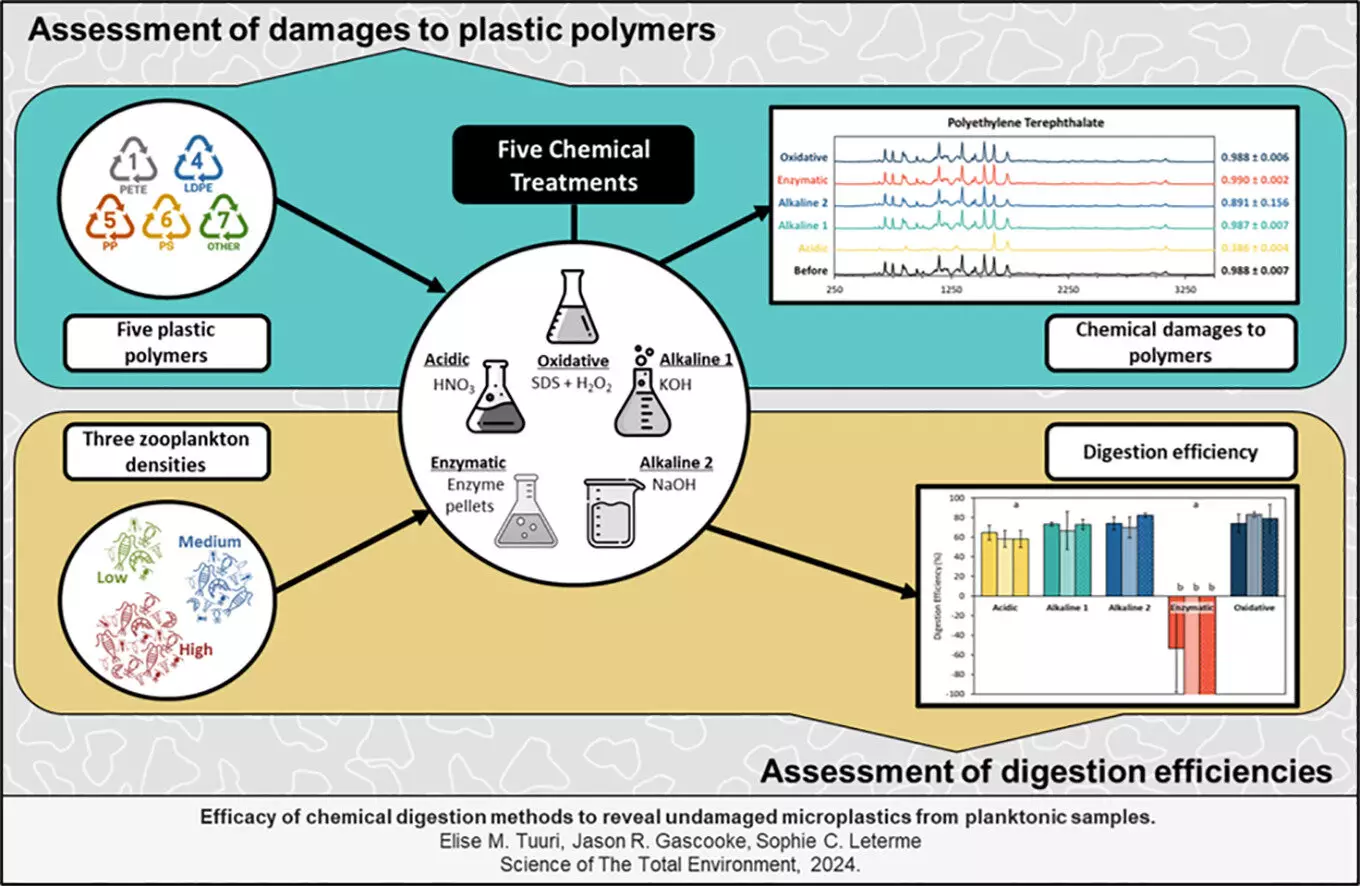The rising tide of microplastic contamination in our oceans is becoming a pressing environmental concern. Recent research conducted by experts at Flinders University sheds light on the urgent need to understand the effects of microplastics on marine ecosystems, particularly on planktonic communities. These studies not only aim to measure microplastic levels in zooplankton but also propose innovative methods to manage this ubiquitous pollutant.
Plastic pollution has reached a crisis level, eclipsing all other forms of marine litter and dramatically affecting biodiversity. Ph.D. candidate Elise Tuuri points out that plastics infiltrate various ecological niches, from the depths of the ocean to surface waters, subsequently impacting marine life and food webs. The implications are concerning—microplastics, which are defined as fragments smaller than 5mm, have been found in the digestive tracts of important seafood species. This introduces a potential risk to human health, as these particles make their way up the food chain.
To tackle this pressing issue, researchers at Flinders University conducted a study in which they observed the interactions between microplastics and cultured zooplankton under controlled conditions. They experimented with various chemical digestive aids—acidic, alkaline, enzymatic, and oxidative agents—on several types of plastics including polypropylene and polyethylene. This multifaceted approach allowed them to evaluate how the plastics react to different digestive environments, providing deeper insights into the degradation processes that occur in natural marine systems.
The findings of this research are crucial for understanding the broader implications of microplastics in marine habitats. Professor Sophie Leterme, a co-author of the study, emphasizes that by employing these digestive aids, they observed differing levels of damage on the physical and chemical properties of microplastics. This knowledge paves the way for more effective data collection regarding microplastic abundance, leading to better assessments of their ecological and health impacts.
Acknowledging the multifaceted dangers posed by microplastics, researchers advocate for ongoing efforts in monitoring and analyzing their presence in marine environments. The goal is not merely to document these contaminants but to devise strategic interventions that can substantially reduce marine pollution. The study calls for collaboration among scientists, policymakers, and the public to confront the growing plastic crisis.
As plastic production soars—expected to triple by 2050—the research conducted by Flinders University signals a vital step toward addressing the microplastic problem. By developing innovative methodologies for studying microplastic interaction with marine life, we can better understand the implications for our oceans and, ultimately, our health. It is imperative that we act decisively to mitigate this pollution crisis before it irreversibly damages our marine ecosystems.

